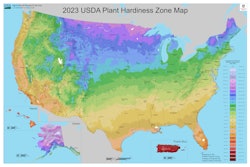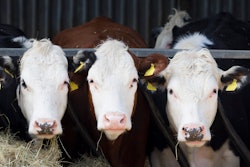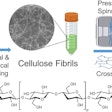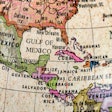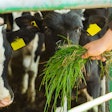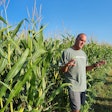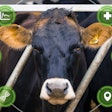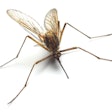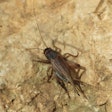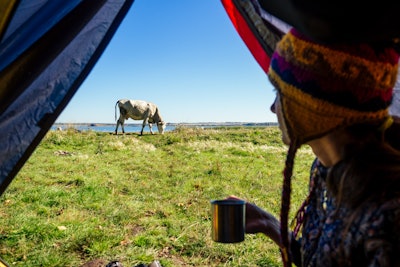
Two of my favorite topics in the animal feed industry are circularity and methane-reducing feed additives. Turns out these two subjects have intersected in a project in Europe that turns spent coffee grounds (SCG) into a feed for ruminants that reduces their methane emissions by 20%.
The initiative, called LIFE ECOFFEED, aims to increase the value of SCG and spent coffee capsules into high-value secondary materials for sheep and cattle. According to the LIFE ECOFFEED website, the inclusion of SCG as a feed ingredient for dairy animals in the project area will:
- Substitute raw materials for feed production
- Require less land to feed animals
- Reduce methane emissions due to the beneficial effect of SCG in the ruminal methanogenesis
The project aims to collect and process 21 metric tons of SCG and 1.5 metric tons of coffee capsules for recycling. As of early February, 80 metric tons of experimental feed had been produced and used in controlled diet trials.
At the largest dairy farm in the Basque Country in Spain, 150 cows and 48 ewes have trialed the new feed ingredient at an inclusion rate of 20% for sheep and 10% for cows.
“The results have been positive, with no impact to the yield of milk from dairy sheep or its chemical quality. In fact, it has changed the milk fatty acid profile to a healthier one,” according to a press release on the European Commission’s website.
The project has also utilized SCG as a fuel source and has found ways to recycle more plastic and aluminum.
“Not all the SCG are suitable for animals, but the project has found an alternative use for it by producing over 1 ton of pellets used as a fuel to increase the drying efficiency for the SCG destined for feed. Additionally, 375 kg of plastics and aluminum are being recycled instead of being sent to landfill or incineration,” the EC release said.
All tests and trials from the project are complete, and results will be presented during the World Rural Forum’s Global Conference in Spain on March 21.

